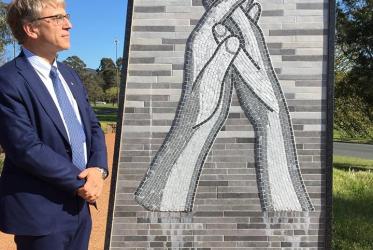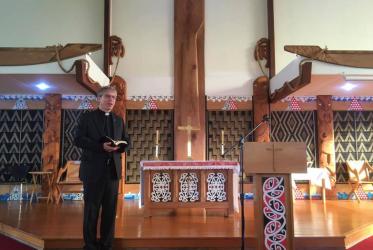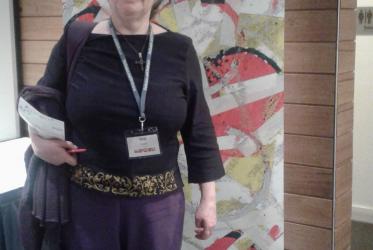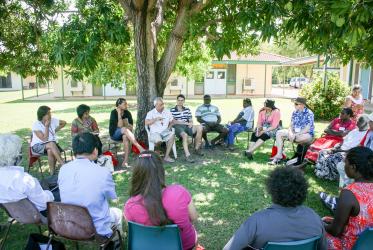Displaying 121 - 140 of 222
23 February 2017
During Lent, a “carbon fast” can honour God’s creation
09 February 2017
New videos help congregations hasten HIV response
20 October 2016
WCC general secretary visits Aotearoa New Zealand
10 October 2016
Indigenous spirituality: can it transform injustice into justice?
01 September 2016
Religion: Way of war or path to peace?
30 June 2016
New Executive Committee members elected in Trondheim
28 June 2016
New member churches welcomed in WCC
27 June 2016














